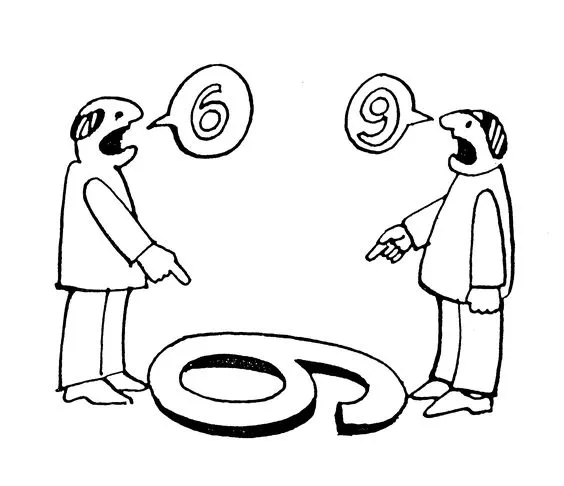Debunking your assumptions.

You’ve probably rolled your eyes at least once at someone who was talking about their mental health and throwing psycho-babble in your face to explain away their questionable behaviour. Even I have. Although there’s so much awareness being brought to the importance of mental health care, many of us still believe that these issues are becoming more of a crutch for unhealthy behaviour. While that may be true sometimes, it really isn’t always the case.
In fact, such suspicious mindsets generally produce terrible misconceptions about mental health and this can water down the true value of mental wellness and prevent access to care for people who are truly suffering. And we dont want that, do we? This is why it’s so important to address some of these misconceptions, especially regarding children.
- Mental health issues are a sign of weakness.
Many people still believe that experiencing anxiety, depression, or stress means you’re not strong or resilient enough to handle life’s challenges. Although it can be tricky to separate symptoms such as aggressiveness, isolation, or impulsive behaviour from a child’s character flaws, the truth is that mental health struggles can happen to anyone, regardless of personality or resilience, and some of these traits are simply symptoms.
- Mental health is only relevant when there’s a diagnosis.
People often overlook that mental health encompasses a wide spectrum of emotions and states. Just like physical health, mental well-being requires maintenance, even if no immediate issues are apparent. Regular self-care, therapy, or mindfulness can improve mental health before more significant challenges arise.
- Children don’t experience ‘real’ mental health issues.
Many people still assume that kids are naturally flaky and that their problems are fleeting or simply phases. People often attribute teenagers acting out to attention-seeking and raging hormones that they will eventually outgrow. Its true that teenagers are prone to mood swings, but as stated in a UNICEF Parenting article, “Globally, among those aged 10–15, suicide is the fifth most prevalent cause of death, and for adolescents aged 15–19 it is the fourth most common cause.”
When we downplay their struggles, we run the risk of dismissing very real mental health symptoms, allowing them to fester into adulthood. Children CAN and DO experience conditions such as anxiety, depression, and ADHD, which need proper attention and treatment – and they should not be ignored.
- Mental health disorders in children are the result of bad parenting
This is a very common assumption, however, while family dynamics play a role, mental health disorders in children can stem from a range of factors, including genetics, trauma, poverty and environmental stressors. Of course, supportive parenting can improve a child’s mental wellness, but it doesn’t always prevent all possibilities of a traumatic event. We should avoid getting preoccupied with blaming parents and instead, focus on providing the best mental health care to children who need it.
- A child with mental health struggles is ‘damaged’ for life
This is an extremely harmful position to take as a mental health disorder does not determine a child’s potential for future happiness and success. When a child’s challenges are identified and addressed early, they have a strong chance of managing or overcoming symptoms and growing into a healthy, thriving adult.
There will always be those who will use non-existent mental health issues as an excuse to behave badly. Regardless, it is still unsafe to uphold these misconceptions because until there is a professional diagnosis, we can’t be completely certain of who is genuinely suffering and who is simply seeking attention. It’s always best to err on the side of caution, and treat all symptoms with kindness and seriousness. This is the key to creating a more understanding and supportive culture around mental health for both children and adults.
Remember that just because we cannot see the obvious signs of mental health struggles (like seeing a bleeding cut when a person is physically harmed) does not mean that those struggles are not legitimate.
References
- Kalia, S. and Esque, J. (2024, May 5). Busting myths: Understanding children’s mental health. The Healthy Dose Blog. The University of Arizona Health Sciences.https://healthsciences.arizona.edu/news/blog/busting-myths-understanding-childrens-mental-health
- Koplewicz, H.S. (2024, January 30). 7 Myths About Child Mental Health: Psychiatric disorders are not a result of bad parenting — or poor willpower. Child Mind Institute. https://childmind.org/article/7-myths-about-child-mental-health/
- UNICEF. Busted: 7 myths about mental health – Separating fact from fiction. UNICEF Parenting. https://www.unicef.org/parenting/health/busted-7-myths-about-mental-health
